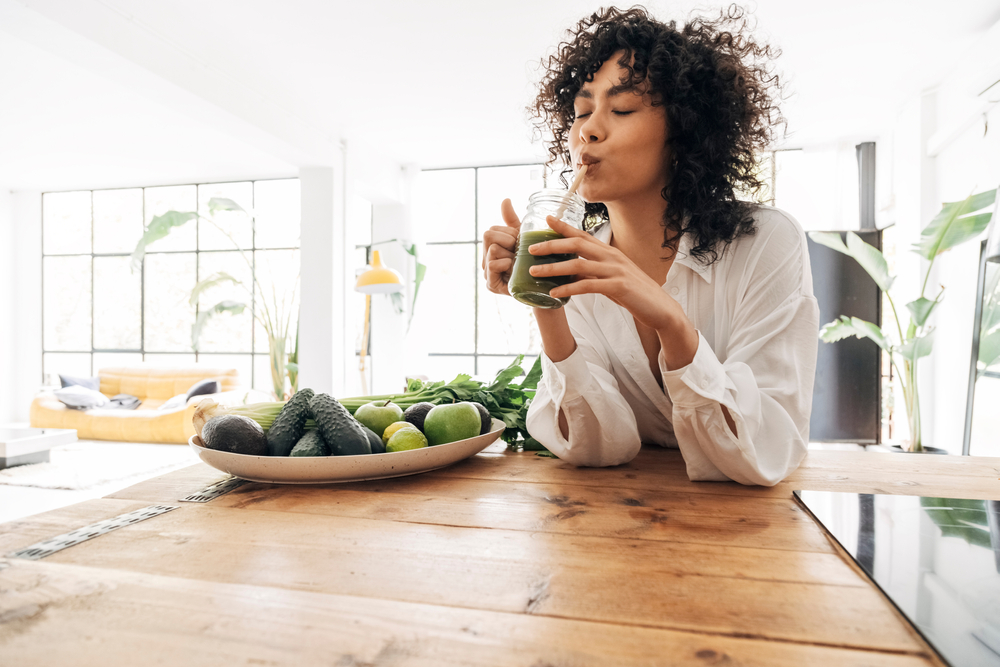While it may not get the same attention as some of its more glamorous counterparts, zinc is an essential nutrient that plays a vital role in many bodily functions. Yet, a staggering number of people are deficient in this crucial mineral.
According to the World Health Organization, an estimated 31% of the global population is zinc deficient, with the highest prevalence in Africa and South Asia. In the U.S. alone, it’s estimated that over 40% of adults don’t get enough zinc in their diet.
But what makes zinc so important, and why should we care about getting enough?
Zinc is a trace mineral, meaning it’s needed in small amounts, but its impact is mighty. It’s involved in everything from immune function and wound healing to protein synthesis and DNA repair. Without sufficient zinc, our bodies can’t function properly, leaving us vulnerable to various health problems.
So, what happens when we don’t get enough zinc?
The symptoms can be subtle, but they can also be debilitating. Fatigue, weakness, and a weakened immune system are all common signs of zinc deficiency. Skin issues like acne, eczema and slow-healing wounds can also indicate low zinc levels.
Did you know that zinc deficiency can even affect our sense of taste and smell? Hair loss, slowed growth and impaired cognitive function are potential consequences of zinc deficiency.
Now, let’s talk about the benefits of zinc! This mighty mineral has been shown to boost immune function and reduce the severity of colds and flu, support healthy skin and wound healing, aid in protein synthesis and muscle growth and also support eye health and reduce the risk of age-related macular degeneration
Zinc can even help with stress management and mood regulation!
So, how can we ensure we get enough zinc in our diet? The good news is that zinc is found in many delicious and accessible foods, including oysters (the highest zinc-containing food), red meat, poultry, seafood, beans and legumes, nuts and seeds and whole grains like brown rice and quinoa.
What if you’re not a fan of these foods, or you’re worried you’re not getting enough zinc?
Fear not! You can also get your zinc levels tested at your doctor’s office through a simple blood or urine test. Remember that these tests may not be 100% accurate, as zinc levels can fluctuate depending on various factors. Still, they can provide a good indication of your zinc status.
Now, here’s a fun fact: some fruits and vegetables are also rich in zinc.
These include pumpkin seeds, squash, chickpeas, spinach, mushrooms and asparagus. Incorporating these foods into your diet can help boost your zinc intake and support overall health.
In conclusion, zinc may be a small but mighty mineral, but its impact on our overall health is significant. By being mindful of our zinc intake and making simple changes to our diet and lifestyle, we can ensure we get enough of this essential nutrient to stay healthy, happy and thriving!


